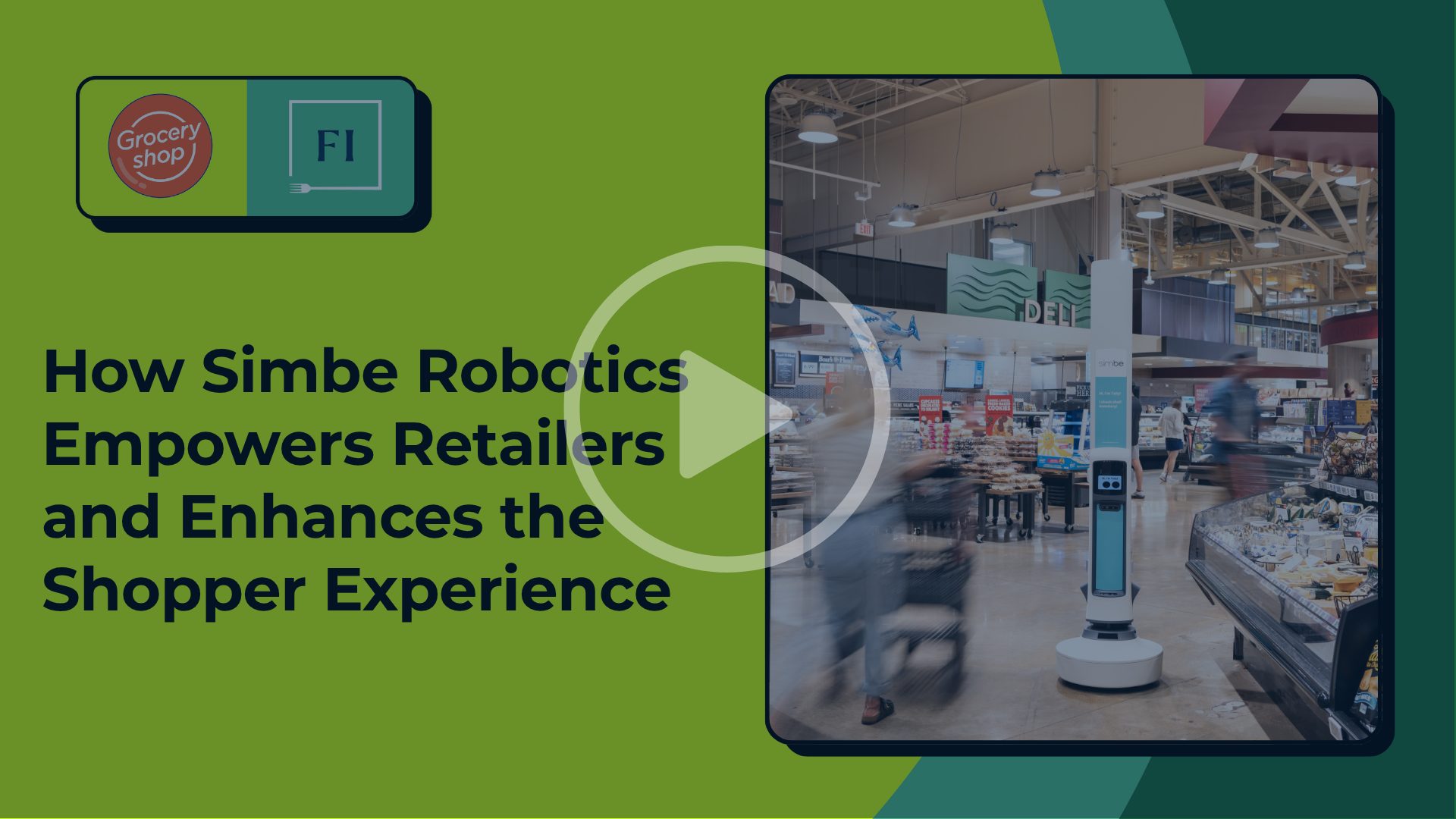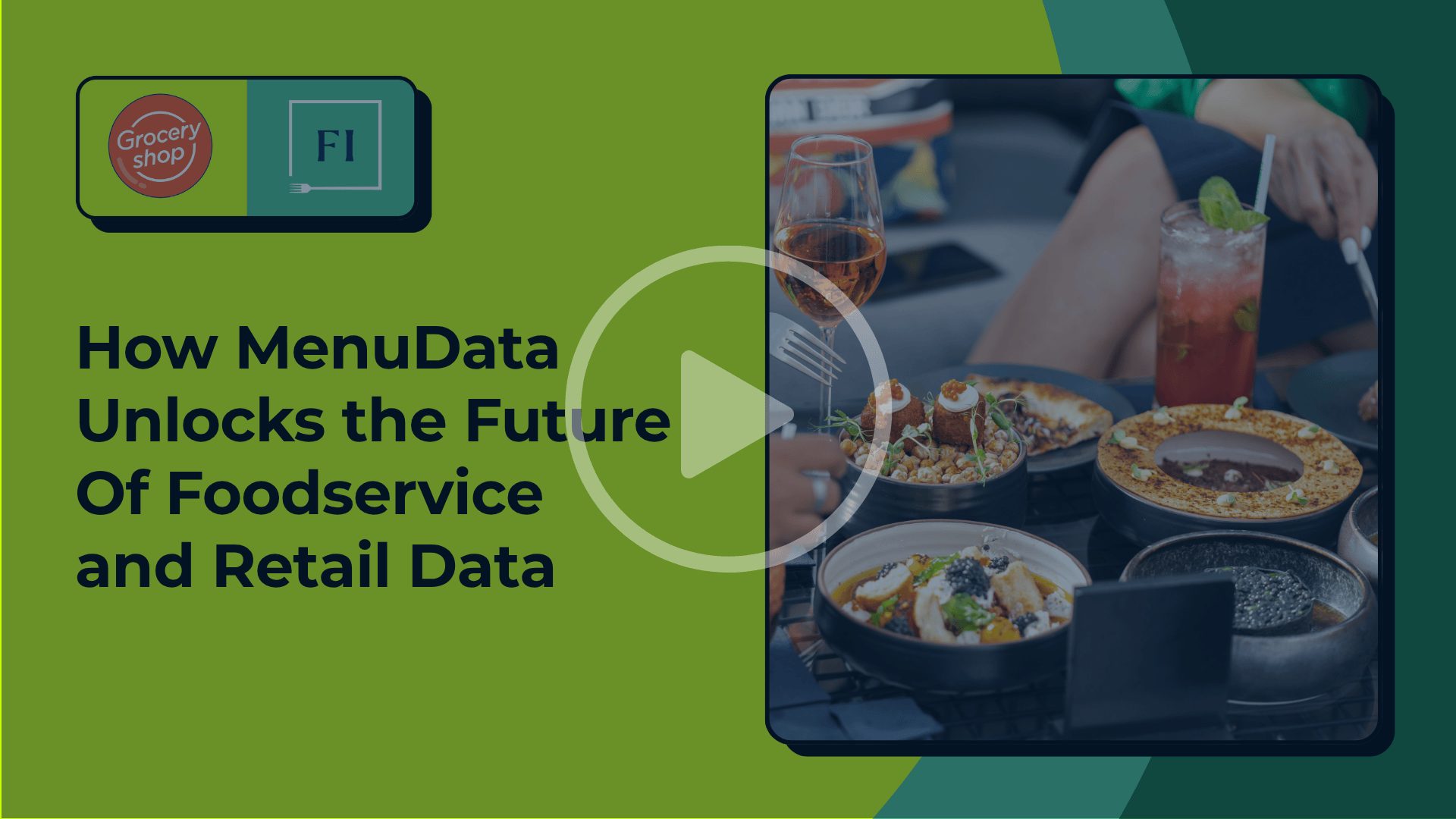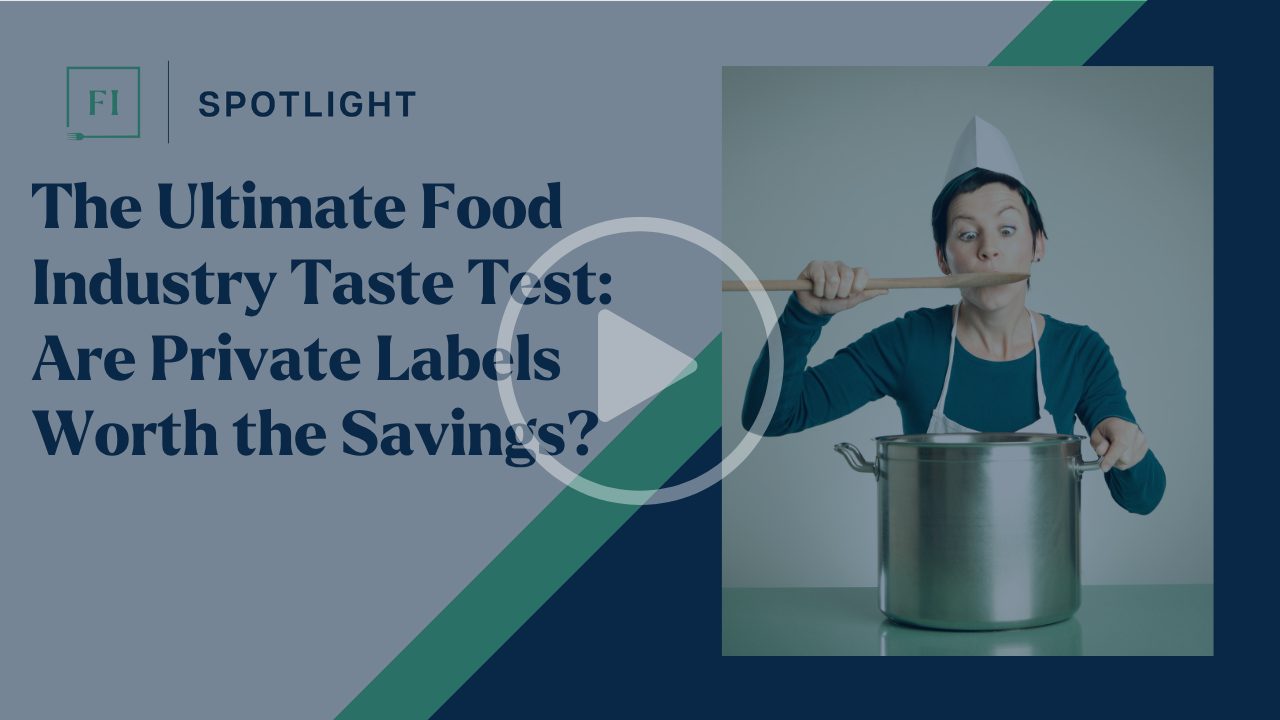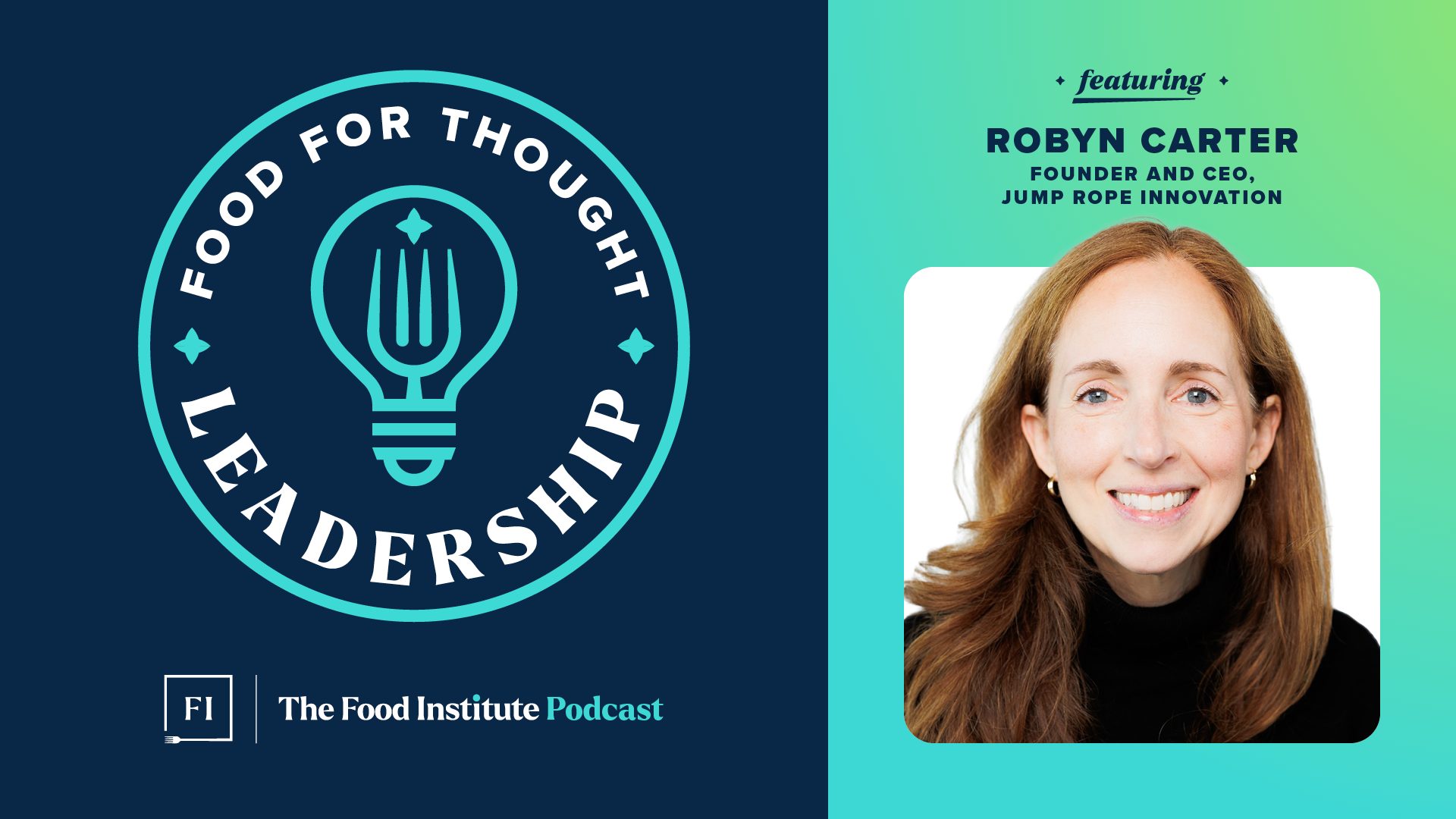Subscribe On Your Favorite Platform:
Oatly helped change how we think about milk. Now, the oat milk’s former U.S. President and CEO of Lasso Mike Messersmith wants to change how we think about food processing.
In this episode, Messersmith unpacks how Lasso’s SpinTech — dubbed “an advanced cotton candy machine” — could revolutionize food texture, ingredient flexibility, and sustainability. Hear how Lasso is powering the next generation of clean-label, high-protein innovation and why the future of food manufacturing might be closer than you think.
Transcript (Edited for Brevity/Clarity)
Rebecca Fryer: Welcome to “Food for Thought Leadership,” a podcast powered by The Food Institute. I’m thrilled to be joined today by Mike Messersmith, CEO of Lasso. Mike, the last time we spoke, you were leading Oatly’s U.S. launch — a massive effort that helped reshape how Americans think about alternative dairy. Now that you’re running another company redefining what’s possible in food, what lessons from Oatly are you bringing into this new role?
Mike Messersmith: Oatly was an incredible journey. I’ll never forget carrying the very first carton of oat milk around New York City, going into coffee shops with our tiny team, teaching baristas how to make oat-milk lattes and even explaining the term “oat milk.” The growth and acceleration we experienced were beyond anything I expected.
Two things really stayed with me. First, the magic of introducing people to something completely new. When someone tried an oat-milk latte for the first time and had that *mind-blown* reaction — that little exploding-brain emoji moment — that was incredibly energizing. I wanted to find that feeling again.
Second, when you build something special, competition eventually shows up. Navigating that while staying true to your mission is challenging, and that perspective has shaped how I think about building at Lasso.
How Lasso is shaping a new standard in food processing
Rebecca Fryer: Let’s shift to ultra-processed foods — one of the only issues where Americans across the political spectrum seem aligned. What does a new standard of processing look like, and how is Lasso contributing to that shift?
Mike Messersmith: It’s remarkable, but yes — this is one of the few areas where conservative and progressive voices actually agree: people are concerned about what’s in their food. We’re recording this the day after an election, and it’s hard to find common ground on almost anything. But frustration with ultra-processed foods? That’s universal.
I see processing on a spectrum. Some processing is necessary — even the protein smoothie you buy at a high-end grocery store relies on processed ingredients. But consumers are asking better questions: ‘Why is there artificial sweetener in this? Why the dyes? The gums? Why so much sugar?’ There’s a growing desire for cleaner, simpler processing, and that’s the opportunity Lasso is built around.
How does Lasso’s technology work?
Rebecca Fryer: For listeners new to Lasso, walk us through what the technology is and how it works. You’ve described it as an “advanced cotton candy machine.”
Mike Messersmith: Yes — our four founders, all brilliant scientists from Harvard, were originally working with a machine similar to a cotton-candy spinner in a lab setting. They realized the same principles could be applied to create food.
The machine is about the size of a washing machine. We start with dry ingredients — proteins and dietary fibers — similar to a cake mix. We add water to create a batter with the consistency of a protein smoothie. Then the machine spins that mixture into structured food. That’s the simplest way to imagine it: a highly advanced, highly controlled cotton-candy process that turns protein and fiber into delicious, scalable food.
Rebecca Fryer: You’ve said the platform can use almost any ingredient combination. How could that flexibility reshape formulation, sourcing, or even waste reduction in CPG?
Mike Messersmith: In CPG, teams often get stuck. They love a product, but the entire formulation depends on one very specific protein or ingredient. If that ingredient becomes unavailable, the whole product falls apart.
We’ve worked with thousands of proteins, fibers, and ingredient combinations. The platform is incredibly flexible. That unlocks two big opportunities: one, you can choose ingredients more sustainably — including upcycled or regional options. And two, we’re still in a golden age of protein consumption. Protein is in everything: coffee, soda, bread, pasta, chips. Lasso allows brands to meet that demand without relying on a bunch of stabilizers, gums, or added sugar.
Inside Lasso’s recent raise
Rebecca Fryer: Lasso recently raised nearly $7 million. What are your priorities for that investment?
Mike Messersmith: The funding will help us expand R&D, build out manufacturing capabilities, deepen our partnerships, and bring our first wave of branded products to market. We’re excited about what’s coming — there’s a lot in motion.
Looking ahead
Rebecca Fryer: What does success look like in five to ten years? What’s the big dream?
Mike Messersmith: My dream is that Lasso becomes a platform that helps build multiple pioneering categories — not just one brand or one product. I want us to contribute to making food more affordable, more nutritious, and more sustainable. If our technology can meaningfully shift the structure of the food system, even in a small way, that’s success.









